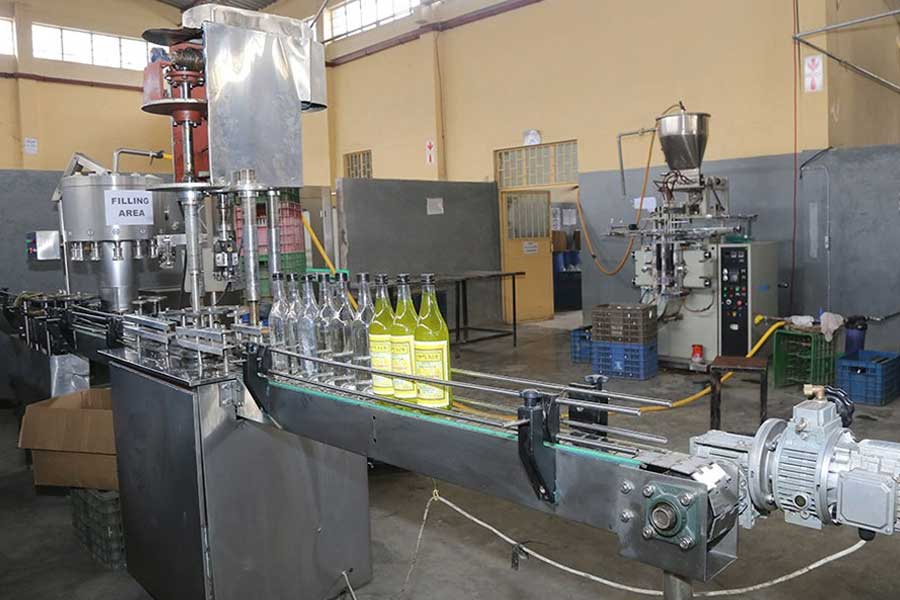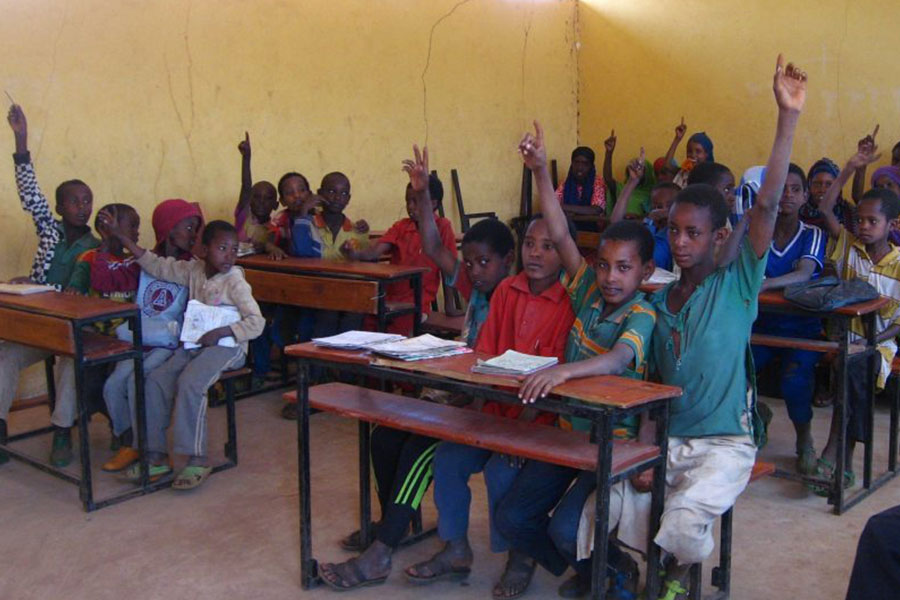
When Ruben Fleischer made Zombieland in 2009, he was obviously inspired. The only name-actor in the movie was Woody Harrelson, while Jesse Eisenberg and Emma Stone were still only moderately popular and needed to prove themselves. And while an innumerable amount of Zombie movies had come out since the 1960s, they were still restricted to the horror genre in popularity. Armed with a clever and refreshing plot, Zombieland was plenty entertaining.
In the past decade though, Zombie movies have become mainstream. We have had 134 episodes of The Walking Dead and Brad Pitt’s expensive World War Z. Zombies have become so tedious even Jim Jarmusch and a cast including Bill Murray, Tilda Swinton and Iggy Pop could not resuscitate it in The Dead Don’t Die.
What chance did Zombieland: Double Tap have then?
In fact, Double Tap is so anxious about its chances of being entertaining that the film begins with a narration that thanks the audience for choosing the movie over all the other Zombie offerings out there. When a film thanks the audience in its opening scene for watching it, it is not a good sign.
The film opens with Columbus (Eisenberg) identifying the various Zombie mutations ever since the outbreak. There is the “Homer,” which are not bright, the “Hawking,” which are very smart, and the “Ninja,” which are fond of sneaking up on people. Columbus, Tallahassee (Harrelson), Wichita (Stone) and Little Rock (Abigail Breslin) have an easy time defeating all of them to set up shop at the White House, which had been abandoned ever since the outbreak.
Unlike the characters in The Walking Dead, the foursome do not look beat-up. Not at all. They seem like they shower, shampoo, shave and get haircuts regularly. Neither do they seem to have been perturbed psychologically by the loss of their family and relatives, the annihilation of the human population and the breakdown of civilisation.
Their problems are actually not that gloomy. Not once in the movie do they talk about a lack of resources they must have been facing in a zombie apocalypse. In fact, a decade since the outbreak, supermarkets are still fully staffed and the convenience food there has apparently not expired.
They even still get electricity, which Columbus justifies by saying, “as long as it keeps raining, the dams keep giving us power.”
It is almost as if the apocalypse does not affect them in any other way than occasionally sending rather easily killable zombies their way. This kind of lightheartedness might have seemed fresh in the first movie, now the whole thing just seems ridiculous.
Probably as a result, the main conflict of the film arises after Wichita runs away from Columbus because she is afraid of a long-term commitment and Red Rock runs away from Tallahassee because he is an overbearing father, and she wants a boyfriend now. It is very easy to mistake the film for a rom-com instead of a horror-comedy.
Double Tap is one in a long line of films that give genre movies a bad name. The roots of cinema never really lied in art but in entertainment, and that is why the plethora of genres have a lighthearted appeal more often than not. Drama may conquer the awards season, but it is making a unique and entertaining genre movie that is the hardest.
And perhaps the most underrated but highly complicated genre is the horror-comedy. This should be obvious as it attempts to combine two highly opposing emotions - fear and joy - in one feature film. There are a handful of good horror-comedy movies in the over a century old history of cinema.
From Evil Dead 2 to Shaun of the Dead and from Bride of Frankenstein to Cabin in the Woods and Slither, this genre is probably the most delightful. The original Zombieland was a fun and endlessly watchable addition to the lighter side of cinema, while this sequel is merely a bad imitation of the original.
PUBLISHED ON
Oct 26,2019 [ VOL
20 , NO
1017]

Films Review | Apr 17,2020

Editorial | Oct 02,2021

Fortune News | Sep 26,2021

Fortune News | Feb 26,2022

View From Arada | Jun 12,2021

Editorial | Feb 26,2022

Radar | Dec 19,2021

Fortune News | May 23,2021

Radar | Feb 05,2022

Exclusive Interviews | Jan 05,2020

Photo Gallery | 174388 Views | May 06,2019

Photo Gallery | 164613 Views | Apr 26,2019

Photo Gallery | 154782 Views | Oct 06,2021

My Opinion | 136664 Views | Aug 14,2021

Oct 11 , 2025
Ladislas Farago, a roving Associated Press (AP) correspondent, arrived in Ethiopia in...

Oct 4 , 2025
Eyob Tekalegn (PhD) had been in the Governor's chair for only weeks when, on Septembe...

Sep 27 , 2025
Four years into an experiment with “shock therapy” in education, the national moo...

Sep 20 , 2025
Getachew Reda's return to the national stage was always going to stir attention. Once...

Oct 12 , 2025
Tomato prices in Addis Abeba have surged to unprecedented levels, with retail stands charging between 85 Br and 140 Br a kilo, nearly triple...

Oct 12 , 2025 . By BEZAWIT HULUAGER
A sweeping change in the vehicle licensing system has tilted the scales in favour of electric vehicle (EV...

A simmering dispute between the legal profession and the federal government is nearing a breaking point,...

Oct 12 , 2025 . By NAHOM AYELE
A violent storm that ripped through the flower belt of Bishoftu (Debreziet), 45Km east of the capital, in...